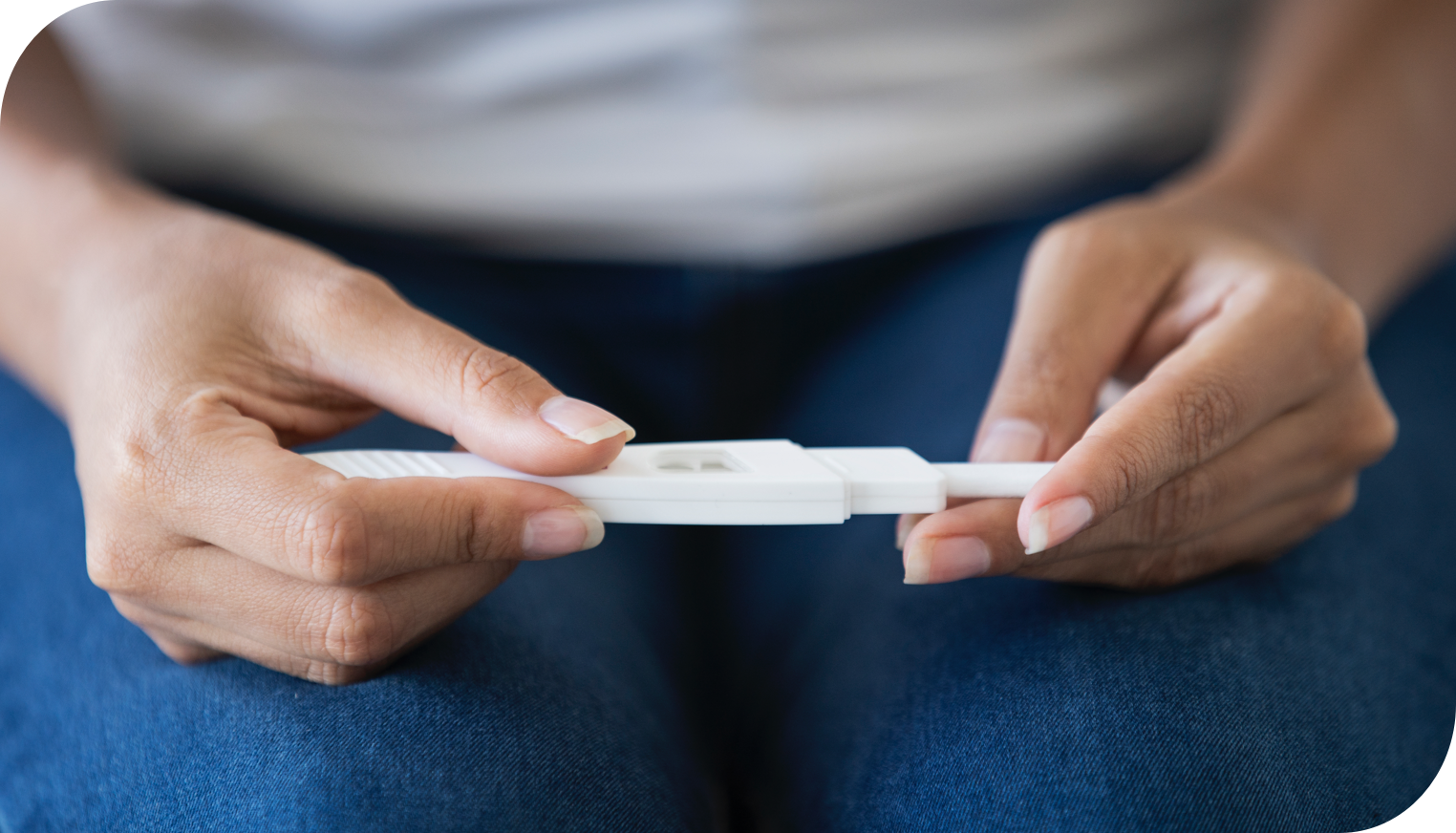Some racial and ethnic groups experience infertility issues at higher rates than others. It’s time to put a spotlight on these health disparities.
For most women, getting pregnant is easy. But for about 13.4% of us, fertility issues make it difficult – if not impossible – to conceive naturally.1 Experiencing infertility can be isolating, frustrating and, most certainly, emotionally draining.
Many cases of female infertility are caused by problems with ovulation. Endometriosis, polycystic ovary syndrome (PCOS) and fibroids are just some of the causes.2 Which is what brings us to the topic of discussion: These gynecological conditions affect different races/ethnicities more than others.
While the reasons for these health disparities remain unclear, it’s important to be aware of your risks. Here are some facts to consider:
- PCOS and fibroids affect Black/African American women at higher rates than any other race/ethnicity.
- Asian American women have significantly higher rates of endometriosis than non-Hispanic white women.3
- In general, Black/African American women experience infertility more often than non-Hispanic white women.4
We believe the more you know about issues that can impact your body, the more proactive you can be.
So what’s a woman to do?
With the right support – and the right kind of care – we hope to help make every woman’s fertility journey a little bit easier. Here are a few ways to stay healthier overall.
- Get regular check-ups. Annual preventive care visits and screenings are the best way to find health issues early, before they become more serious.
- Make healthy lifestyle choices. Eating a balanced diet, getting regular exercise and staying at a healthy weight are all ways to stay healthier overall, but they are particularly important if you’re at high risk for PCOS, fibroids or certain female cancers.5
- Advocate for yourself. If you feel that something isn’t right and a doctor isn’t taking your health concerns seriously, find provider who will.
- Stay on top of your mental health. This journey can be daunting and can take a toll on your mental health. Use the behavioral health resources available to you as part of your Cigna HealthcareSM plan.
- Get community support. Your doctor may be able to tell you about fertility support groups near you. You can also search for online groups, forums or discussion boards to find women who are going through the same thing as you.
- Get culturally relevant support. We found two organizations dedicated to supporting women of color on their fertility journey: The Broken Brown Egg and Fertility for Colored Girls.
- Last but not least, call on us. Click to chat on myCigna® or call Cigna Healthcare at 800.Cigna24 (800.244.6224) to speak with a personal guide. We can help you find an in-network specialist, get a second opinion, connect with a health coach and learn about the fertility benefits that may be available to you.
![]()
To view your maternity and family benefits, log in to myCigna.com > Wellness > Program Marketplace.
To search for an in-network fertility specialist, go to
Find Care & Costs and click “Doctor by Type.”
- Centers for Disease Control and Prevention (CDC). “Infertility.” Last reviewed November 3, 2023.
https://www.cdc.gov/nchs/fastats/infertility.htm - Mayo Clinic. “Female infertility.” August 27, 2021. https://www.mayoclinic.org/diseases-conditions/female-infertility/symptoms-causes/syc-20354308
- Vu MH, Nguyen AA, Alur-Gupta S. “Asian Americans and Infertility: Genetic Susceptibilities, Sociocultural Stigma, and Access to Care.” F&S Reports, 3(2).
https://www.fertstertreports.org/article/S2666-3341(21)00145-8/fulltext - March of Dimes. “Births.” Last updated January 2024.
https://www.marchofdimes.org/peristats/data?reg=99&top=2&stop=4&lev=1&slev=1&obj=1 - Mayo Clinic. “Women’s Health.” September 28, 2022.
https://www.mayoclinic.org/healthy-lifestyle/womens-health/basics/womens-health/hlv-20049411




